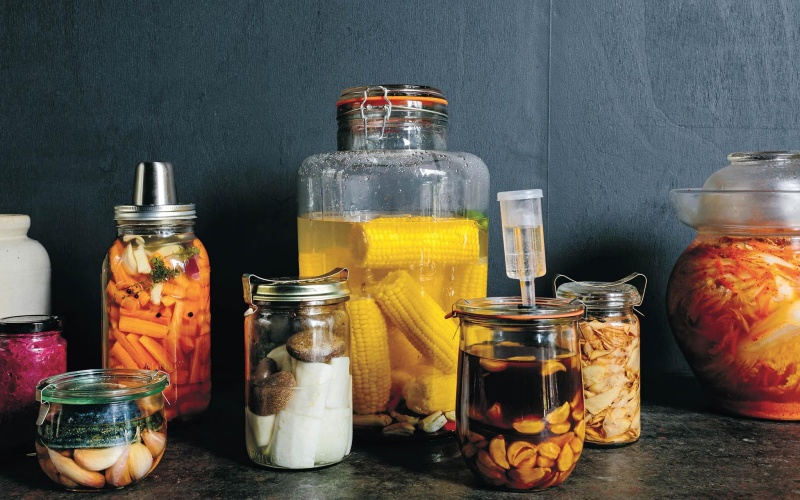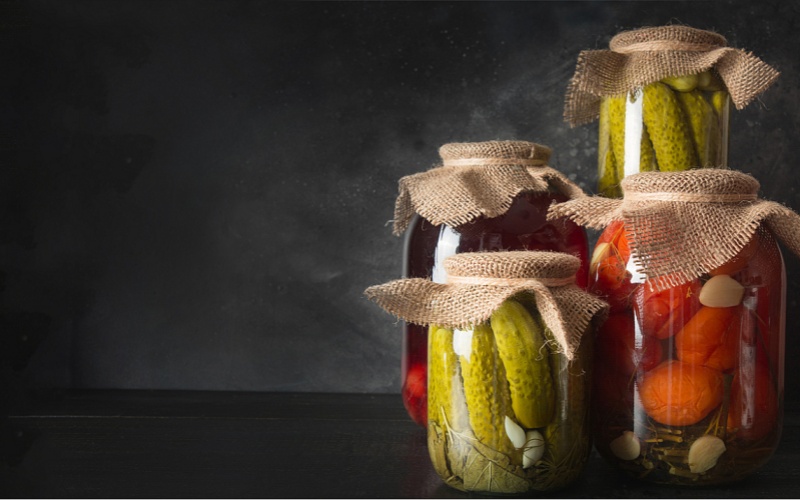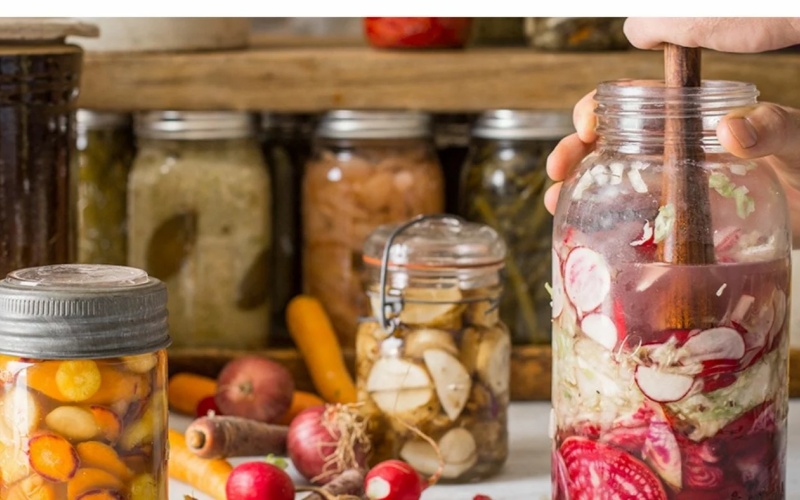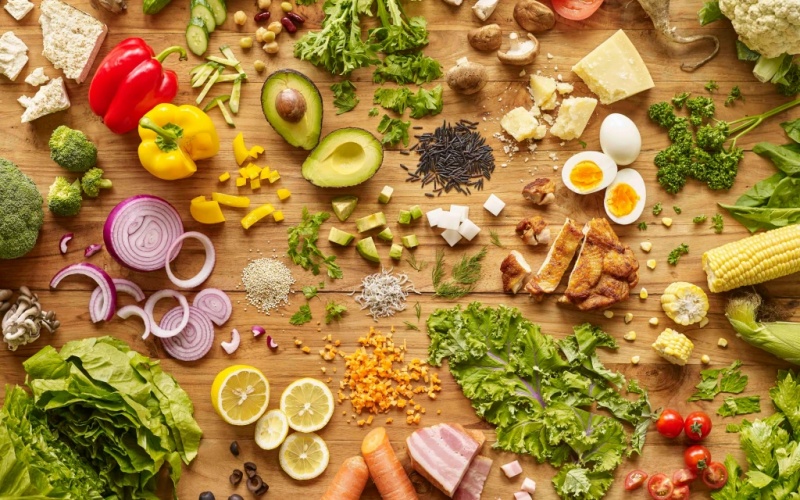At its core, fermentation involves the breakdown of sugars and starches by microorganisms, resulting in the production of acids, gases, or alcohol. This process creates a diverse array of foods and beverages, from tangy sauerkraut and kimchi to bubbly kombucha and rich yogurt. Each fermented product carries its unique flavor profile, often characterized by a delightful complexity that comes from the interaction of ingredients and microbes. Experimenting with different fermentation techniques can lead to exciting culinary discoveries that elevate everyday meals.
One of the standout benefits of fermented foods is their potential to improve gut health. The probiotics produced during fermentation are live bacteria that can contribute to a balanced gut microbiome. A healthy gut is linked to improved digestion, enhanced immune function, and even better mental well-being. Incorporating a variety of fermented foods into your diet can help diversify your gut flora, promoting overall health. Foods like kefir, miso, and tempeh are excellent sources of probiotics and can easily be added to meals for an extra nutritional boost.

Getting started with fermentation at home is both accessible and rewarding. Basic fermentation projects require minimal equipment and ingredients, making them ideal for beginners. For instance, making your own sauerkraut involves simply shredding cabbage, mixing it with salt, and allowing it to ferment in a jar for several weeks. This simple process not only preserves the cabbage but also enhances its flavor and nutritional profile. As you gain confidence, you can experiment with more complex ferments, such as sourdough bread or pickled vegetables.
Safety is an essential consideration when fermenting foods. While many fermentations are safe when done correctly, it is crucial to follow proper guidelines to avoid contamination. Always use clean utensils and containers, and monitor your ferments for any off odors or unusual colors. If you’re unsure, consult reliable resources or communities dedicated to fermentation to ensure a successful and safe process.

In addition to health benefits, fermentation fosters creativity in the kitchen. The process allows for experimentation with flavors and ingredients, encouraging you to tailor recipes to your taste preferences. Whether you’re adding spices to your kimchi or trying out different fruits in your kombucha, the possibilities are endless. Sharing your homemade ferments with friends and family can also create a sense of community, as you exchange ideas and flavors.
Embracing fermentation can lead to a deeper appreciation for food and its transformative potential. By exploring this age-old technique, you can enhance your meals, support your health, and enjoy the rich, complex flavors that only fermentation can provide.



